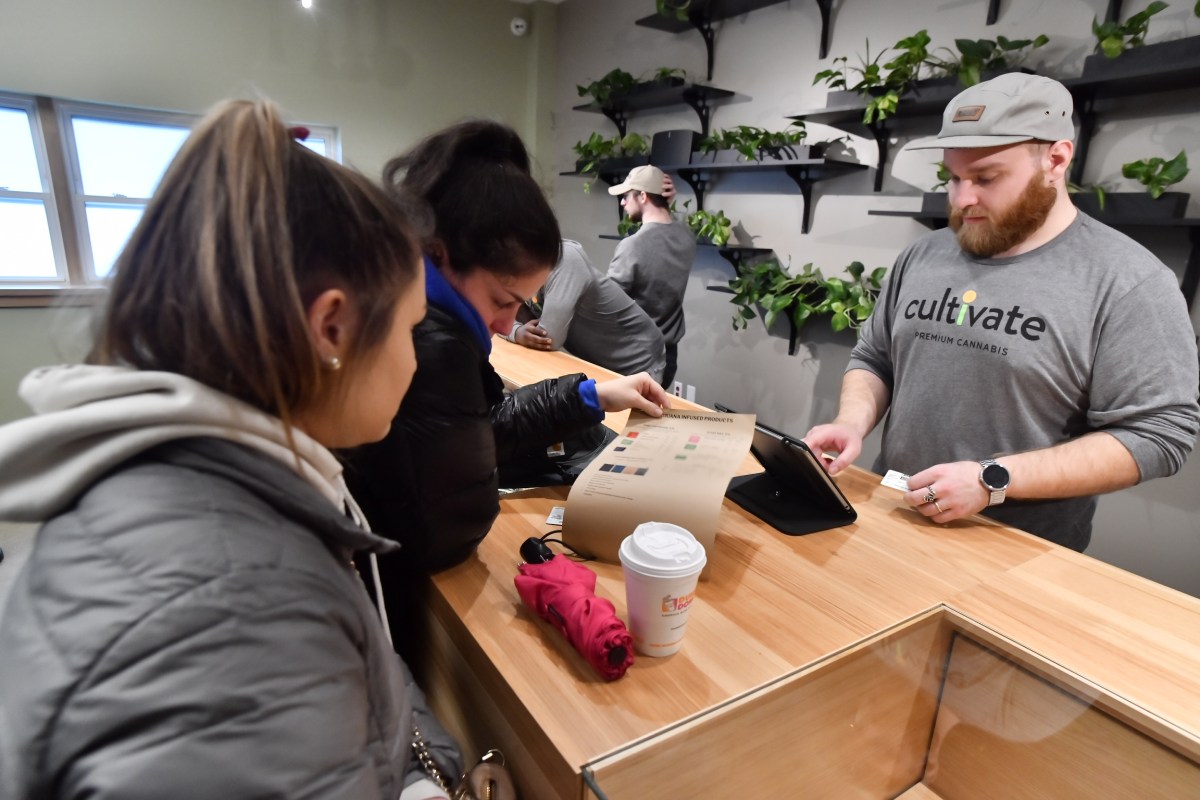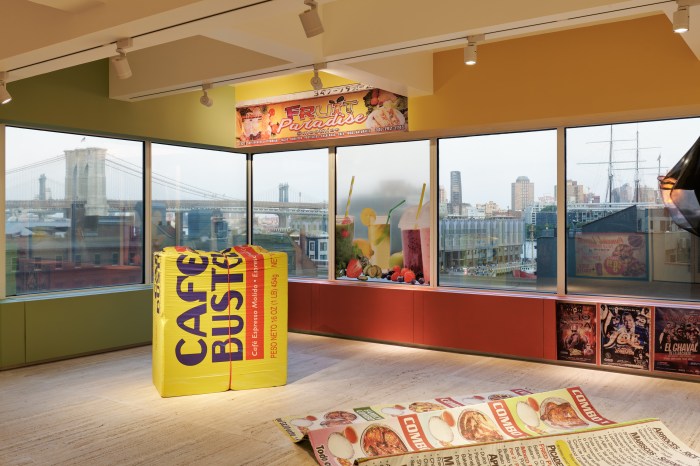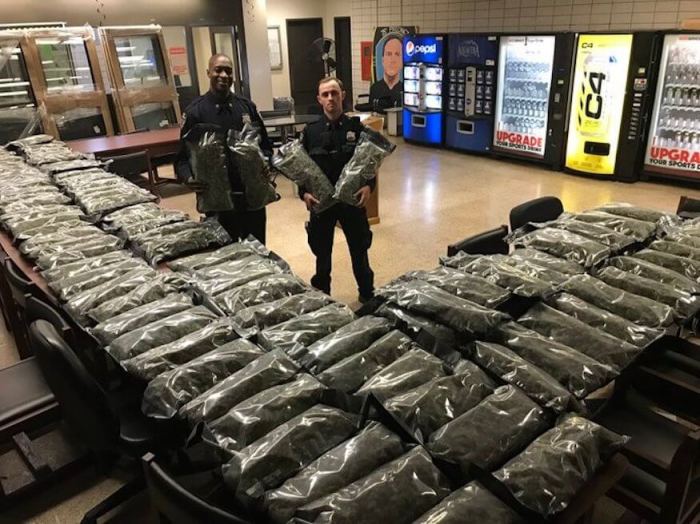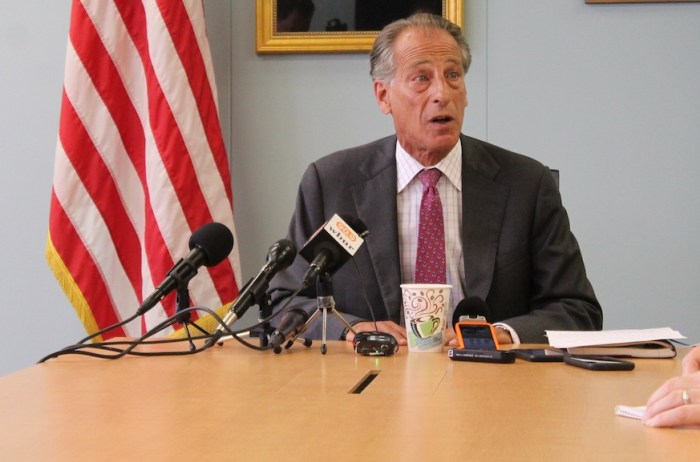About five weeks since the first non-medical marijuana stores opened in Massachusetts, the chairman of the Cannabis Control Commission said it is still too early to determine what, if any, changes need to be made to the law or regulations.
During a Monday appearance on Boston Herald Radio, CCC Chairman Steven Hoffman said the five retail marijuana stores now open are doing “blockbuster business”, but the only thing that can be determined for sure about the fledgling industry is that the drug is in high demand.
“The daily and weekly [sales] totals haven’t trickled down, they’re pretty much constant at a high level and the lines at places like NETA in Northampton really haven’t diminished much as far as we’ve been able to tell,” he said. “It’s strong demand but with five stores open it’s just too early to form any judgments other than there’s a lot of demand out there.”
Hoffman said the CCC is in a “rhythm” now that could result in four to eight new retail stores coming online each month. He said the industry will look “more mature” in a few months and said the CCC will discuss at its Jan. 10 meeting a timeline to review and possibly revise the regulations that govern the adult-use and medical marijuana programs in 2019.
“To the extent that we make any changes to our adult-use regs they will be tweaks, things that we just didn’t quite get right,” he told Herald Radio host Hillary Chabot. “I don’t foresee major changes to those regulations.”
As part of that review, the CCC plans to revisit the question of whether it should allow home delivery of marijuana and how such a program could be structured. The CCC included home delivery in its initial draft regulations but decided to delay consideration of it until 2019 amid pushback from the governor and others.
The CCC plans to also revisit its past debate around allowing people to consume marijuana in designated establishments similar to cigar bars, but Hoffman said that conversation is “going to be a little more complicated” than the discussion about delivery. Like delivery, the CCC initially drafted regulations to allow so-called social consumption but put the issue on the back burner after gubernatorial pushback.
Hoffman also said the CCC might seek changes to the state’s marijuana laws next session, specifically around host community agreements (HCAs).
The CCC wrestled with HCAs last summer as entrepreneurs and marijuana advocates pointed to the contracts as a reason for the slower-than-anticipated rollout of the retail marijuana market and lodged allegations that municipalities use the agreements to extract more from marijuana businesses than is allowed under the law.
Hoffman said on Boston Herald Radio that it is “not clear who has the enforcement authority” when it comes to HCAs and said most cities and towns are “playing the game the right way.” He said he is not yet ready to say that the issue requires a legislative change.
“The door is open but we want to see how the industry evolves before we go back and ask for any legislative changes although the host community agreement is one specific area that we might ask them for help more quickly,” he said. “We still haven’t made that determination though.”
Sen. Patricia Jehlen and Rep. Mark Cusack, co-chairs of the Marijuana Policy Committee, have said that no such legislative fix is required and in August urged the CCC to review HCAs and ensure they comply with the law before issuing a license to a marijuana business.
Cusack said the Legislature’s intent was to have the CCC ensure that host community agreements comport with the requirements of the law, including limiting what the municipality can demand from the business to 3 percent of gross sales.
“I think this has less to do with ambiguity than it does reading comprehension,” he said in August. “Simply put, it is part of the licensing requirements. So it would be our understanding that they would be making sure the host agreements are compliant with the law they’re in charge of overseeing and implementing, and not just check a box that they have an agreement.”

























